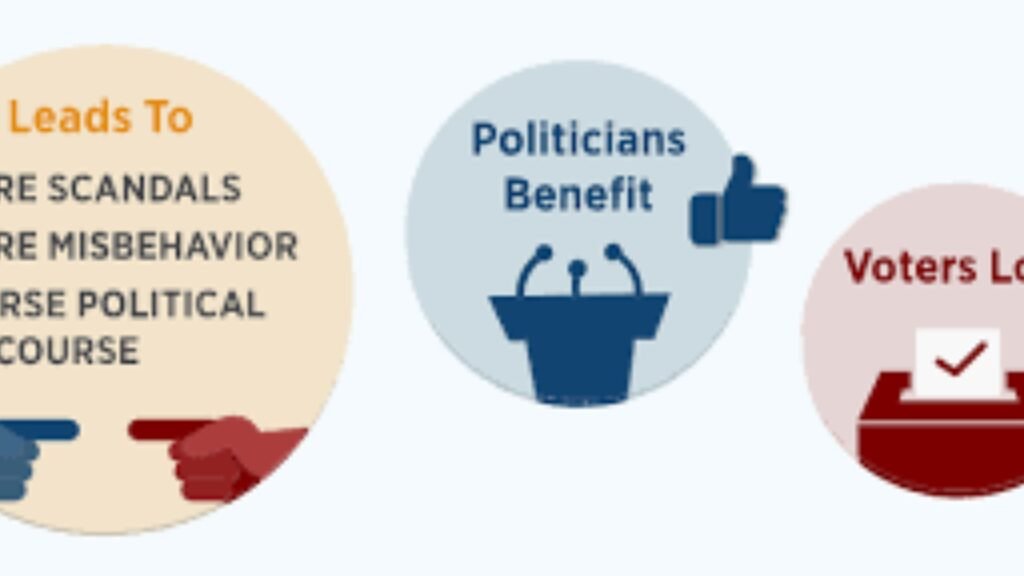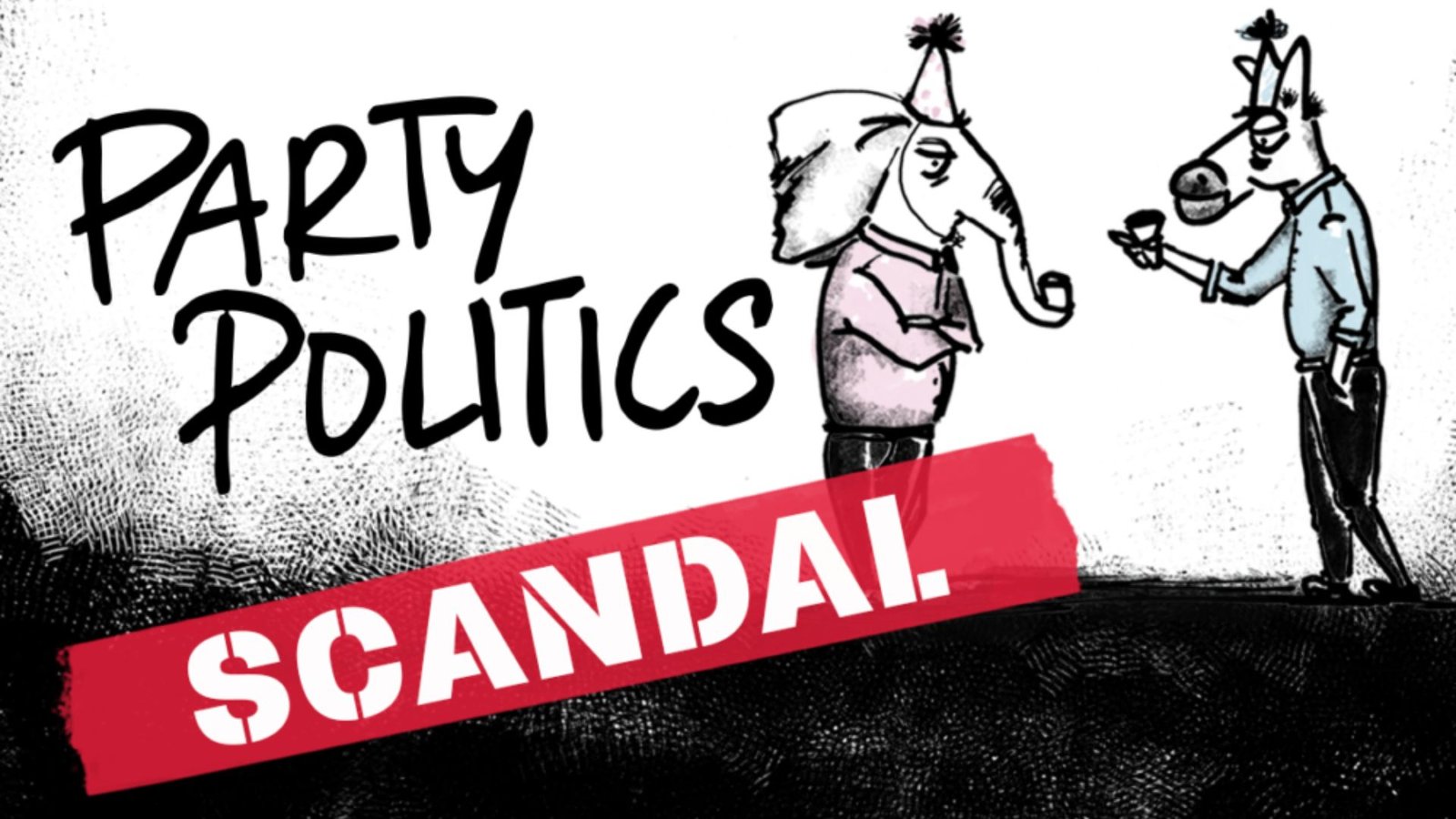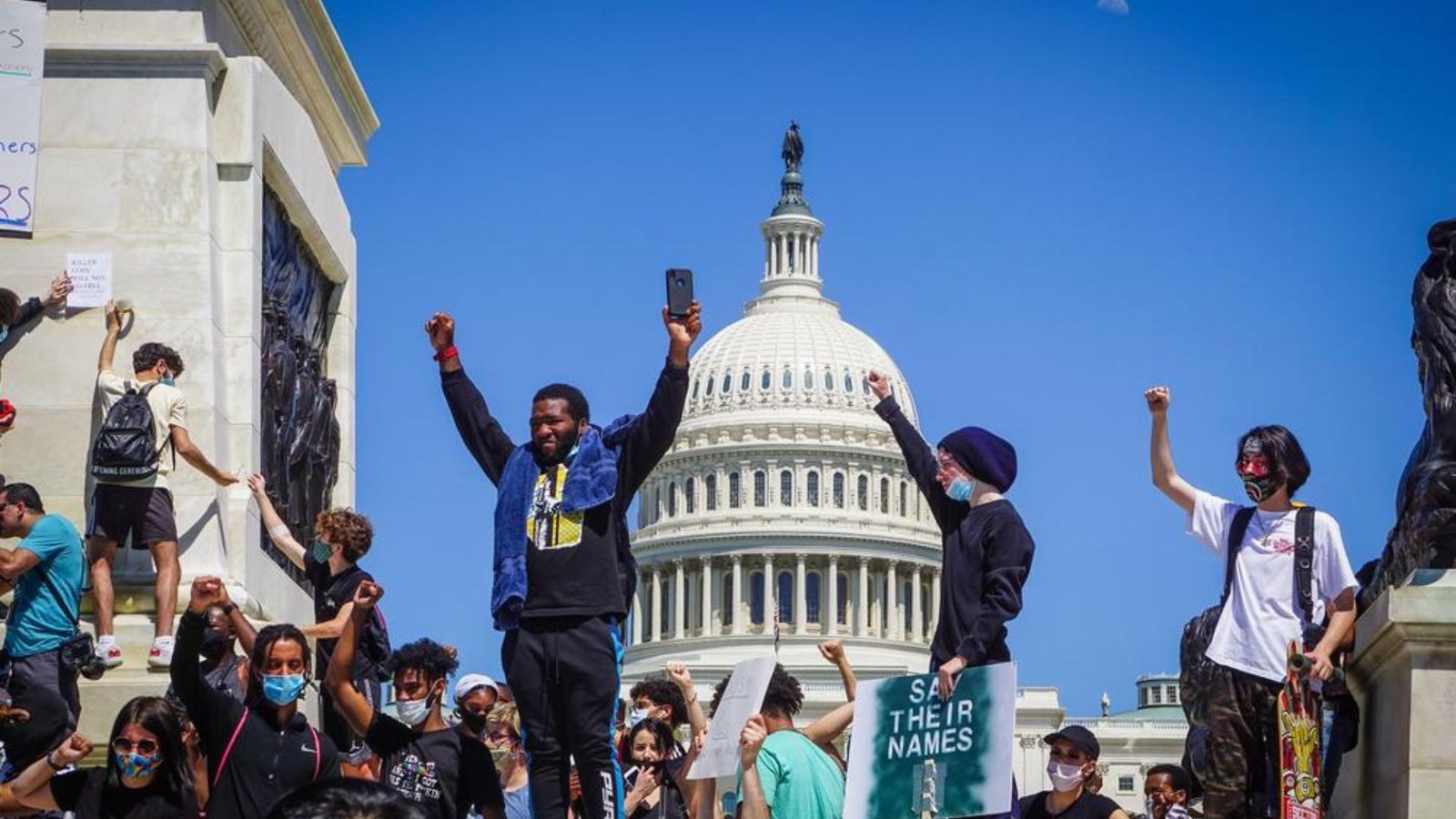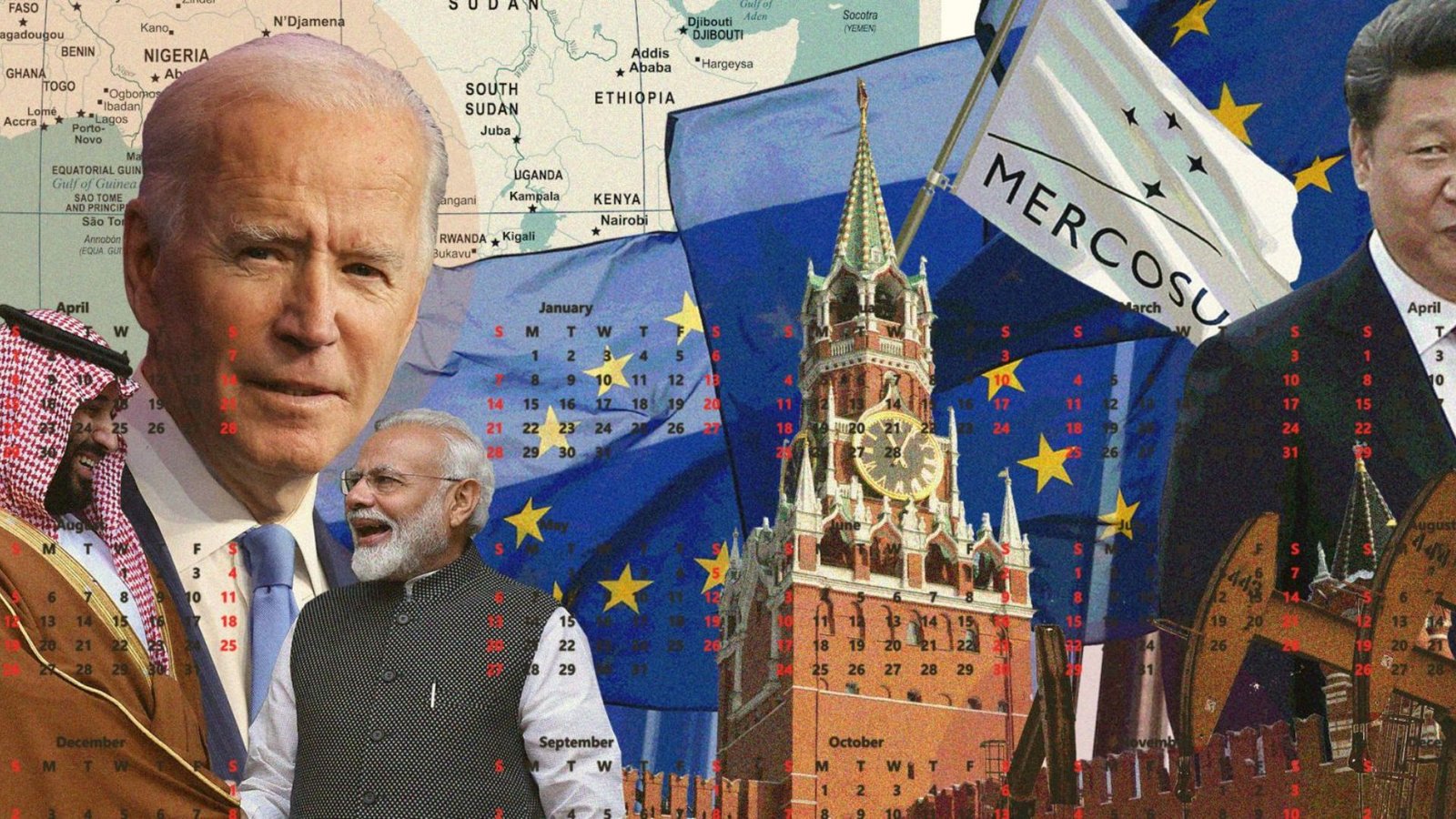Recent political scandals have had significant impacts on public trust, policy making, and political stability. These scandals often involve allegations of corruption, misconduct, or ethical lapses, and they can shake the foundations of governance and democracy. Here’s a look at some recent political scandals and their broader implications.

Erosion of Public Trust
Political scandals frequently lead to an erosion of public trust in government institutions and elected officials. When leaders are involved in scandals, it can diminish confidence in their ability to govern effectively and honestly. For instance, scandals involving corruption or misuse of power often lead to widespread disillusionment among voters.
The loss of public trust can result in decreased voter turnout and lower engagement in political processes. When people lose faith in their leaders, they may become less likely to participate in elections or support democratic institutions. This erosion of trust undermines the foundational principles of democracy and governance.
Impact on Policy Making
Political scandals can also disrupt the policy-making process. When scandals involve high-profile figures, it can divert attention and resources away from important legislative work. For example, investigations and media coverage of scandals may overshadow debates on critical issues like healthcare, education, or economic policy.
Moreover, scandals can lead to changes in leadership or shifts in political priorities. In some cases, the fallout from a scandal may prompt reforms or alterations in policy direction as officials seek to address public concerns and restore confidence. This can either lead to positive changes or result in further instability, depending on how effectively the issues are managed.
Political Instability and Gridlock
Scandals can contribute to political instability and gridlock, particularly if they involve multiple stakeholders or affect the functioning of key institutions. For instance, allegations of corruption or misconduct can lead to resignations, investigations, and changes in political leadership, creating uncertainty and disruption.
Political instability can hinder the ability of governments to address pressing issues and implement effective policies. When scandals create divisions or conflicts within political parties or between branches of government, it can result in legislative gridlock and an inability to achieve consensus on important matters.
Media and Public Perception
The media plays a crucial role in shaping public perception of political scandals. Extensive coverage can amplify the impact of scandals and influence how they are perceived by the public. Media narratives can either highlight the severity of the issues or downplay their significance, affecting public opinion and response.
The way scandals are reported and discussed in the media can shape public attitudes towards the individuals involved and the broader political system. This can influence how voters perceive the integrity of their leaders and the effectiveness of their government.
Reforms and Accountability
In the aftermath of political scandals, there is often a push for reforms and increased accountability. Scandals can prompt calls for greater transparency, stricter ethical standards, and enhanced oversight mechanisms. For example, scandals may lead to the introduction of new regulations or policies aimed at preventing similar issues in the future.
Reforms can help restore public confidence and improve the functioning of democratic institutions. However, the effectiveness of these reforms depends on how well they are implemented and whether they address the root causes of the scandals.
Long-Term Implications for Democracy
The long-term implications of political scandals for democracy can be profound. Persistent scandals and ethical lapses can undermine the legitimacy of democratic institutions and erode public faith in the political system. This can lead to increased polarization, decreased civic engagement, and a weakened democratic process.
On the other hand, scandals can also serve as catalysts for positive change, prompting reforms and encouraging greater scrutiny of political leaders. The impact of scandals on democracy depends on how effectively they are addressed and whether they lead to meaningful improvements in governance.
Conclusion
In summary, recent political scandals have significant implications for public trust, policy making, and political stability. They can erode confidence in government, disrupt legislative processes, and contribute to political instability. The media’s role in shaping public perception and the subsequent push for reforms also play crucial roles in determining the broader impact of these scandals. Understanding these implications helps in assessing the health of democratic institutions and the effectiveness of governance in addressing ethical issues and restoring public trust.




